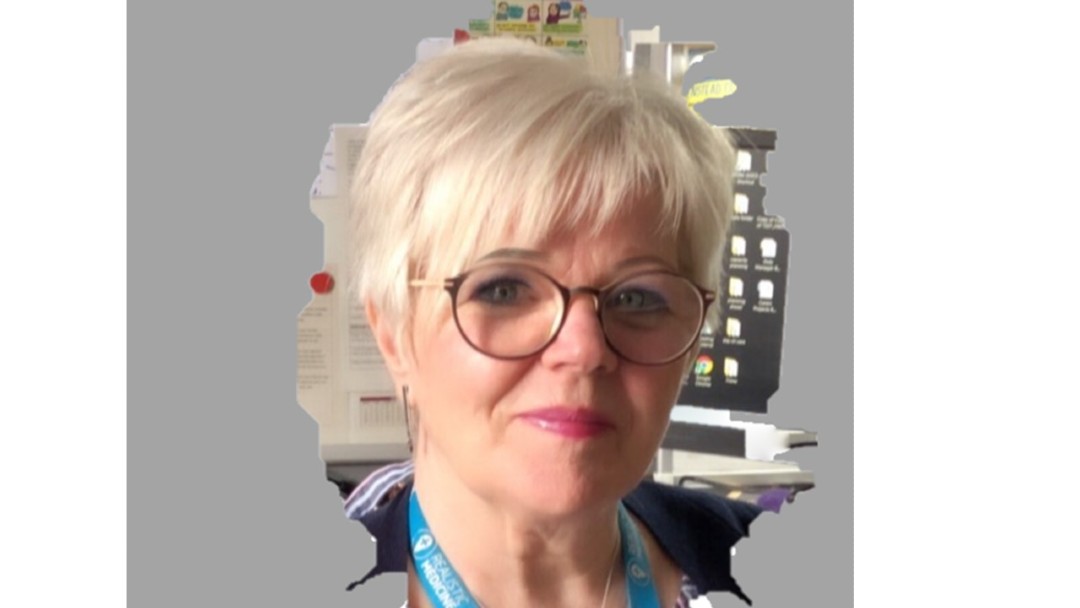Realistic medicine is a national approach to healthcare which puts patients at the centre of decisions made about their treatment and one such project is now being rolled out across acute wards following a successful pilot.
Formerly known as the hospital anticipatory care plans (ACPs) – which were initially put in place in 2016 – the introduction of treatment escalation plans (TEPs) will ensure patients’ wishes are supported with the most appropriate treatment and care while reducing the risk of harm.
TEPs were piloted in a number of wards across the three acute hospital sites, including the emergency department and ward nine at University Hospital Hairmyres (UHH), ward one at University Hospital Monklands (UHM) and ward seven at University Hospital Wishaw (UHW).
They were a result of having to adapt care plans to accommodate the varying needs associated with patients being treated for Covid-19 and non-Covid patients requiring critical care.
Principally, the TEP form is in place to support clinicians in:
- Establishing and documenting an appropriate level of treatment escalation for an individual patient including DNACPR status;
- Delivering care as close to the agreed plan;
- Ensuring patients are supported with the most appropriate treatment reducing risk of harm and or care out of keeping with their wishes;
- Developing their teams in shared decision making;
- Enabling a standardised approach to treatment escalation planning that reduces unwarranted variation in practice.
Following the success of the pilot and feedback from staff involved in the pilot, a revised TEP is now available across all wards with forms available for completion for all patients.
Karen Morrow, NHS Lanarkshire’s realistic medicine programme manager, said: “I am pleased to confirm that the revised treatment escalation plan is now available within all three acute hospital stationery stores. An initial stock of the forms has been made available and all future needs can be ordered through PECOS using the order code CAT 391.
“The work of the short life working group and test areas has made this progress seamless. As you will know TEP – formerly known as the hospital anticipatory care plan – had been in place in NHS Lanarkshire since 2016, however, most recently plans were adapted to align with the varying escalation needs associated with Covid-19 illness, non Covid-19 and critical care requirements and treatment.
“It was identified following review to reduce any confusion on what form was appropriate, the revised TEP would encompass Covid and non-Covid illness.
“The test area feedback has been positive, the use of one form with clear procedure guidance has been helpful in supporting staff and patients and their families in escalating treatment discussions. Similarly, the addition of the clinical frailty scale and REDMAP communication guidance has been welcomed by users.
“Please note the new TEP does exclude critical care areas who continue to use specific forms for critical care needs.
“The development of the new TEP has not been possible without the support of all the chief nurses, the short life working group, Dr Calvin Lightbody and Dr Jack Fairweather, who have all been instrumental in taking this forward, and to our executive medical director, Dr Jane Burns. I would like to offer my sincere thanks to everyone involved and who offered their support during what has been the most challenging two years for staff and patients.”
Dr Jane Burns, executive medical director added: “TEPs are a crucial part of ensuring we have shared decision making with our patients during their stay in our hospitals and they are a really useful tool in helping to discuss risks and benefits of treatment options.”



